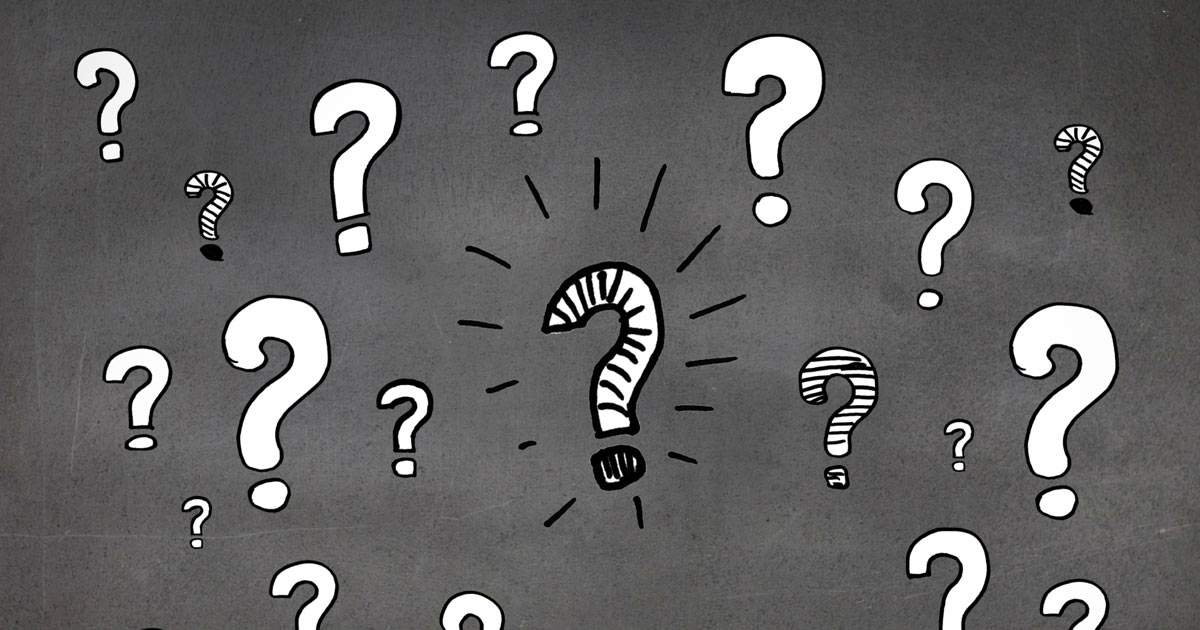
23 Feb 3 Interview Questions Guaranteed to Land You the Best Hires
Your success making the best hires often depends on the emotional intelligence of people you hire in strategic positions. That means you need to make hiring decisions based on solid information — and not just from gut instinct and first impressions gained during an interview.
Those interviews require well-planned questions that solicit genuine answers which surface real opinions, character traits, and values, as well as critical skills. Consider the following questions to produce meaningful information about your potential job candidates so you will end up with the best hires:
1. Who are 3-5 people in the public arena or your personal or social life whom you admire and why?
Responses here will reveal several things:
- How informed are they on local happenings, current affairs, politics, or pop culture?
- Does their response suggest they can’t think of anyone, or simply that they can’t narrow their choices?
- Are all choices from public life rather than personal or social circles?
That may suggest few mentors or role models in their life. Why? If all choices are personal acquaintances, that may suggest non-involvement in the community or activities outside the home. Why?
At least, their answers will reveal their values and their network — or lack thereof.
2. Tell me about a particularly bad day you’ve had this past year or two — a day when nothing was routine and almost everything went wrong. How did you deal with all the stress and calamity?
Their response gives you some perspective on what happenings they consider “routine” versus “calamity” and “particularly bad.” But what you’re really looking for is their coping mechanisms—both emotional stability and resourcefulness.
Listen carefully to the retelling for words and phrases like “so upset,” “so angry,” “had a major meltdown,” “went ballistic,” “frantic,” “just beside myself with worry.” Did they personally solve the problems or did someone else have to take charge? How much and for how long did this problem or these problems affect their work and life? How does their idea of “serious” compare with yours? Does their reaction seem appropriate or extreme? How did their judgment and solution compare to how you would have handled the situation?
How does their idea of stress compare with what happens every day at your workplace — and would their level of competence in coping be sufficient for your organization?
Failure can be a critical learning experience
3. Tell me about a time that you failed — either at work, or in your personal life. What did you learn from that experience?
If they have never failed, either they are lying or they are extremely risk-averse. Do they blame others or accept responsibility for the failure? Do they seem teachable? What does their attitude say about humility or arrogance?
Certainly, your interview questions have to meet the job criteria. Of course, these questions assume the job candidate must interact with people and use sound judgment.
Given that’s a valid assumption, these questions, among others, can mean the difference between a great hire and a bad hire or a costly termination.



No Comments